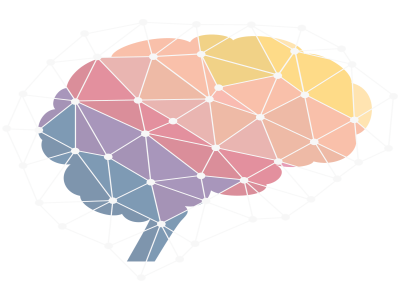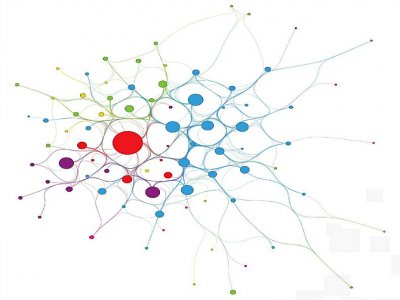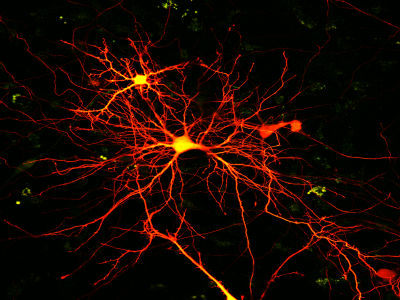About
We are interested in the neural mechanisms underlying decision-making and value-based learning in humans, in characterizing individual and population differences in these mechanisms. To study these topics, we combine experimental methods from behavioral economics with computational means. We also add functional MRI methods from cognitive neuroscience, as well as physiological measurements. Generally, our research can be assigned to the fields of neuroeconomics and computational psychiatry.
Researchs
Decision making under uncertainty
We are interested in the neural mechanisms that underlie human decision-making, especially under risk and ambiguity (unknown risk). Our results are very impressive, showing that people are remarkably astute in leading with ambiguity and optimistic biases that have been claimed under risky conditions (e.g. learning exclusively from good but not bad news) do not apply. Similar paradigms are used in healthy volunteers, as well as in psychiatric disorders in order to unravel how impairments in these processes could contribute to the emergence of psychiatric symptoms.
Learning about and from others
We are interested in the impact of one's ability to learn from or learn about others. Our studies try to reveal cognitive biases of social cognition in human’s social interactions.
In one way, we investigate the impact of one's ability to learn from others' covert mental states or attitudes, which is known as "mentalizing" or "Theory of Mind". Such mentalizing (Theory of Mind) can become very sophisticated, eventually endowing people with highly adaptive skills such as convincing, teaching or deceiving. Here sophistication can be captured in terms of the depth of the recursive beliefs. In our study, we want to investigate extinction and emergence of mentalizing with different levels of sophistication in a more realistic manner.
In other ways, we investigate the impact of one's ability to learn about others’ preferences. This means how human preference can be modulated by observing this behavior in other agents at either the behavioral or the neural level







